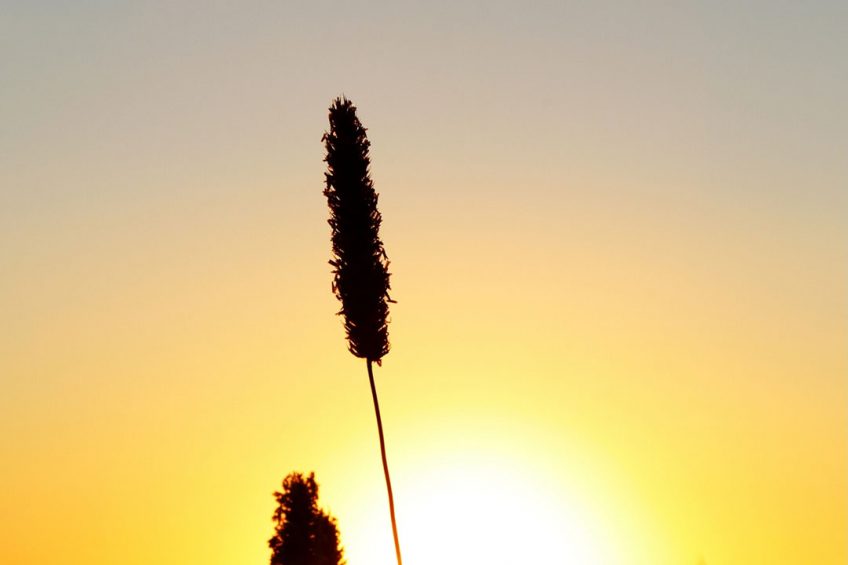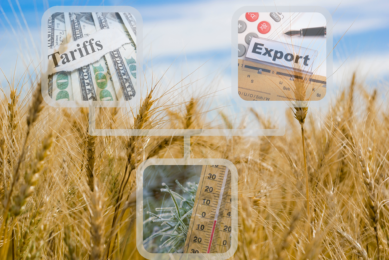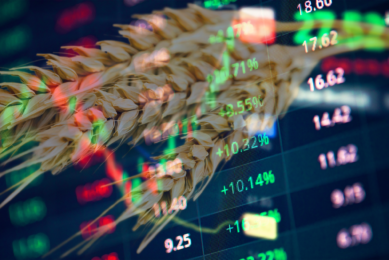Abnormal heatwave in Russia threatens this year’s harvest

It was expected that Russia would have a record-breaking harvest in 2021, but the unprecedented heatwave is likely to disrupt those plans.
The past few weeks have set new temperature records in Russia. For instance, June 23 set the absolute temperature record in Moscow – when the temperature reached 34.8°C, slightly hotter than the previous June record from 1901.
Extreme heat to remain until August
It is a similar picture for most parts of European Russia, with some regions seeing temperatures climbing to 40°C. For instance, in some parts of Siberia the temperature is 15°C above normal. Most importantly, forecasts say that the abnormal heatwave will stay until early August.
Unprecedented drought
As explained by Yevgeny Tishkovets, chief analyst of the Russian weather centre Phobos, the biggest problem is that July is expected to not only be hot but also dry. For a month, in Central Russia, at best, just 20-30% of precipitation from the climatic norm will fall. In the northwest of the region, no rainfall may be seen at all. With this in mind, analysts said that this year’s drought could be unprecedented.
Agricultural producers counting losses
Russian agricultural producers have begun counting losses. In total, at least 15 Russian regions, so far, have been affected.
For instance, the Republic of Bashkortostan suffered losses of 3.4 billion roubles ($25 million) due to the draught. The abnormal weather conditions could halve this year’s harvest in the region.
The Republic of Udmurtia will need to purchase feed from neighbouring regions to compensate for the losses caused by the heatwave, according to regional government officials. The local stocks are projected to last until February of 2022.
In Belgorod Oblast, the average yield is expected to range between 40 to 45 centners per ha, compared to 58 centners per ha in 2020.
Oilseeds
According Evgeny Bogdanov, a member of the General Council of the Russian business union Delovaya Rossiya, oilseeds are being badly hit.
“In addition to cereals, a lot of land is sown with oilseeds – rapeseed, flax, and sunflower. In this sector, the situation is catastrophic, with some fields been already ploughed to remove rapeseed. Now we are looking at flax, if there is no rain, we will collect very little,” Bogdanov said.
Govt reluctant to revise grain forecasts
The Russian Agricultural Ministry had forecast to bring in at least 127.4 million tonnes of grain. And under an optimistic scenario, this year’s harvest was even expected to go upwards to 135 million tonnes. Possibly becoming the biggest ever. However, the Russian Agricultural Ministry is reluctant to revise its production forecasts. The Ministry said that there is still hope the impact of the heatwave would be limited. Adding that, if the weather conditions improve, the country will not suffer significant grain losses, with the exception of some regions.











